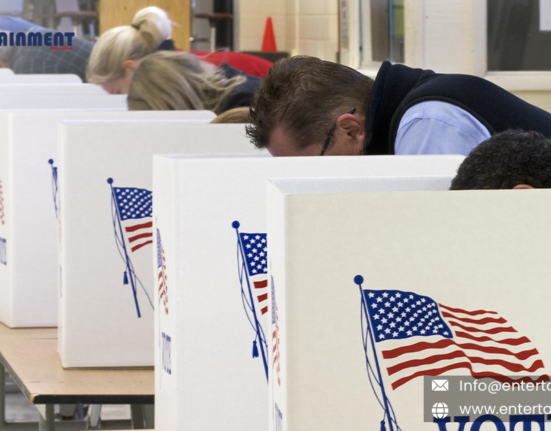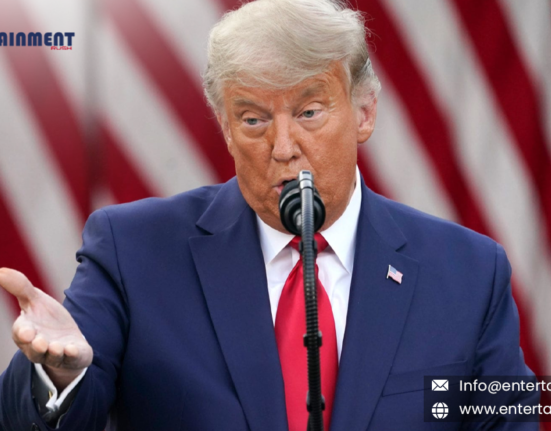In a recent statement, the U.S. Agency has issued a stark warning about the growing issue of election betting. The agency’s announcement highlights a troubling trend: betting on election outcomes could significantly undermine public trust in the voting process. The agency’s call for prohibition underscores the potential dangers posed by this practice and the need to safeguard the integrity of democratic elections.
The Rise of Election Betting
Election betting, or wagering on the outcomes of elections, has gained popularity with the advent of online betting platforms and increased media coverage of political events. While some view it as a harmless way to engage with the political process, the U.S. Agency’s warning brings to light serious concerns about its impact on democracy.
Key concerns include:
Erosion of Trust:
Betting on elections can create a perception that electoral outcomes are subject to manipulation, thus eroding public confidence in the integrity of the voting process.
Increased Vulnerability:
The presence of financial stakes in elections could make them more susceptible to influence or interference, potentially affecting how votes are cast and counted.
Impact on Democratic Integrity
The integrity of elections is foundational to democracy. When the public begins to view elections through the lens of gambling, it can undermine the seriousness with which they approach their civic duties. The U.S. Agency’s warning emphasizes the following key issues:
Perceived Legitimacy:
If elections are seen as being influenced by betting, it can lead to doubts about the legitimacy of the outcomes and the fairness of the process.
Potential Manipulation:
The potential for manipulation increases when financial incentives are involved. Individuals or groups might attempt to exploit betting markets to sway public opinion or election results.
The Case for Prohibition
The U.S. Agency argues that prohibiting election betting is essential to maintaining the sanctity of democratic processes. Here are some of the reasons why this prohibition is seen as necessary:
Preserving Public Confidence:
By banning election betting, authorities can help ensure that elections are viewed as fair and legitimate, preserving public confidence in democratic institutions.
Preventing Manipulation:
A ban on election betting would reduce the risk of external influences attempting to exploit financial stakes for political gain, safeguarding the electoral process from manipulation.
Potential Measures for Implementation
Implementing a ban on election betting involves several steps and considerations:
Legislative Action:
Governments may need to pass specific legislation to outlaw betting on elections and establish penalties for violations.
Regulatory Oversight:
Regulatory bodies would need to enforce the ban, monitor betting activities, and ensure compliance with new laws.
Public Awareness:
Educating the public about the potential harms of election betting and the reasons for its prohibition can help garner support for these measures.
Broader Implications
The U.S. Agency’s warning about election betting also raises broader questions about the intersection of money and politics. It highlights the need for ongoing vigilance to protect the integrity of democratic processes from various forms of influence and interference.
Broader implications include:
Enhanced Security Measures: The call for prohibition may lead to increased scrutiny of other practices that could affect electoral integrity.
Focus on Electoral Integrity:
The discussion emphasizes the importance of safeguarding democratic institutions and maintaining the public’s trust in the electoral process.
Conclusion
The U.S. Agency’s warning that “Election Betting Undermines Trust in Voting and Should Be Prohibited” serves as a crucial reminder of the need to protect the integrity of democratic elections. By addressing the concerns associated with betting on election outcomes, the agency aims to preserve public confidence and ensure that the electoral process remains fair and transparent. As discussions about this issue continue, policymakers, regulators, and the public need to work together to uphold the principles of democracy and maintain the sanctity of the voting process.







Leave feedback about this